At Tutela Prep, we specialize in helping ambitious learners achieve top ACT scores that open doors to the world’s best universities. With personalized one-on-one teaching, data-driven assessments, and advanced digital tools, our program equips students with everything needed to succeed in the updated ACT exam.
Whether the goal is admission to the Ivy League, top U.S. universities, or global institutions, Tutela’s 91% success rate in Standardized Test Prep proves that our mentorship model is effective.
Specialized in one-on-one personalized sessions led by expert ACT tutors with years of proven success.
91% of Tutela students achieved a 31+ score on the ACT Exam and 1400+ in the SAT Exam.
Our program is structured to prepare students for both their first and second official ACT attempts , ensuring maximum growth and improvement.
Exclusive access to 50,000+ practice questions across courses based on the updated ACT Exam structure and format.
Students and Parents receive real-time updates through Tutela Connect and dedicated groups with Academic Heads to ensure the right resolution to queries.
Tutela’s ACT program is designed to build better content understanding, sharpen test-taking strategies, and strengthen exam stamina. The ACT Prep is completely personalized and aligned with the latest ACT.org updates, including the new composite scoring and streamlined test format, ensuring students are prepared with confidence.
| Feature | Tutela | Other ACT Programs |
|---|---|---|
| Class Size | Individual Private Classes with focused attention | 15–30 students, diluted attention |
| Faculty | Experts with 90%+ success in improving scores | Freelancers/college students |
| Approach | Customized learning plans for strengths & gaps | One-size-fits-all syllabus |
| Course Flexibility | Fully adaptable to pace & needs | Rigid lesson plans |
| Results | Global toppers, 34+ scorers | Average national-level results |
| Technology | AI-powered diagnostics, progress maps, analytics | Basic score reports |
| Parent Involvement | Transparent reports and strategy calls | Minimal or no updates |
| Global Reach | Students from 20+ countries | Limited local presence |




Rohit Datta
ACT: 36 / 36

Kriti Bhabu
ACT: 36 / 36

Diya Roongta
ACT: 36 / 36

Rahil Patel
ACT: 36 / 36
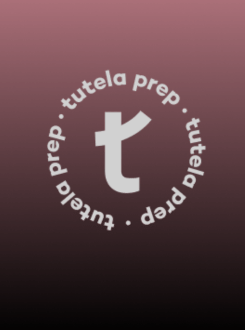
Kian Nagpal
ACT: 36 / 36

Akaash R. Parthasarathy
ACT: 36 / 36
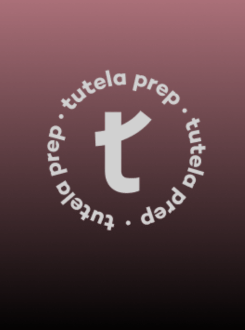
Aditya Arora
ACT: 36 / 36
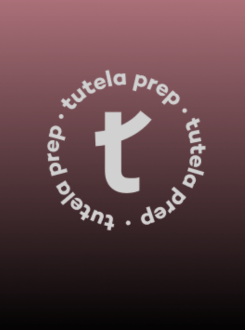
Manya Roongta
ACT: 36 / 36

Agastya Sinha
ACT: 36 / 36

Akrit Agarwal
ACT: 36 / 36

Saksham Aggarwal
ACT: 36 / 36

Aryan Satiya
ACT: 36 / 36

Manav Jairam
ACT: 36 / 36

Mahika Shetty
ACT: 35 / 36

Shorya Bhasin
ACT: 35 / 36
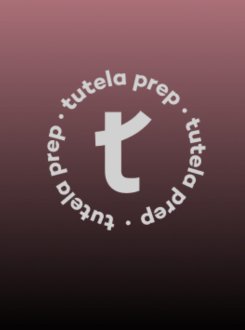
Aditya Sennik
ACT: 35 / 36
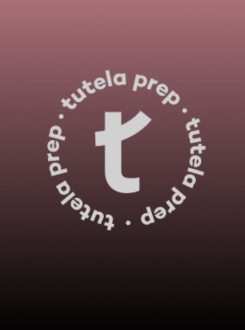
Aarav Singh
ACT: 35 / 36

Tarini Malhotra
ACT: 35 / 36
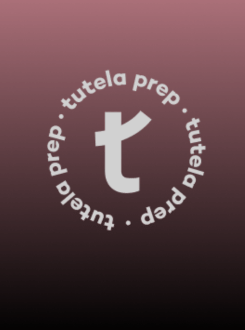
Medha Ravi
ACT: 35 / 36
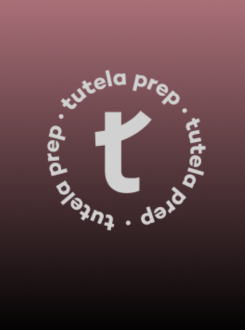
Inaya Gulati
ACT: 35 / 36
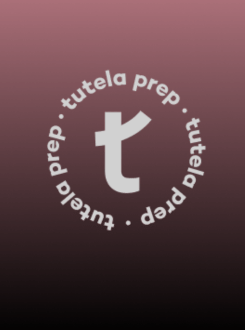
Aditya Mahajan
ACT: 35 / 36

Aruj Bansal
ACT: 35 / 36
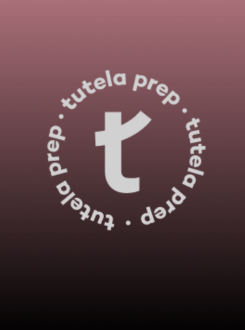
Ananya Asthana
ACT: 35 / 36

Anushka Bindra
ACT: 35 / 36

Aria Narasimhan
ACT: 35 / 36
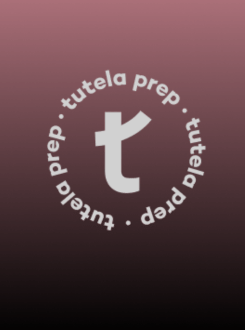
Sarthak Bal Mitra
ACT: 35 / 36
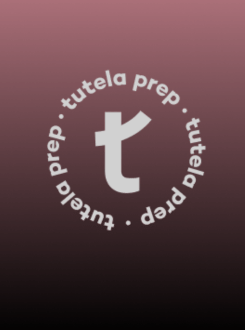
Mahi
ACT: 35 / 36
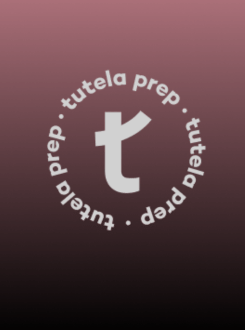
Aaryaman Sen
ACT: 35 / 36

Aarav Kumar
ACT: 35 / 36

Tanya Sinha
ACT: 35 / 36

Ananya Dhanuka
ACT: 35 / 36

Joya Kapoor
ACT: 35 / 36

Karan Makkar
ACT: 35 / 36

Vedika Mandapati
ACT: 35 / 36
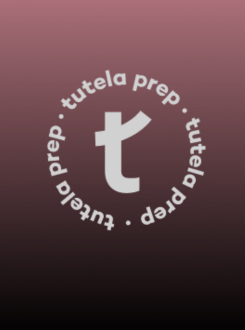
Anchita Arora
ACT: 35 / 36
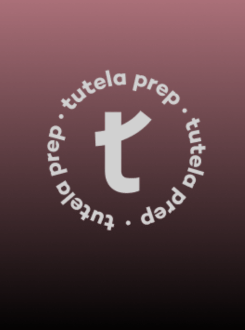
Aryav Bansal
ACT: 35 / 36

Prithvi Oak
ACT: 35 / 36

Mahima Rao
ACT: 35 / 36

Aveesha Gandhi
ACT: 35 / 36

Baltej Miglani
ACT: 35 / 36
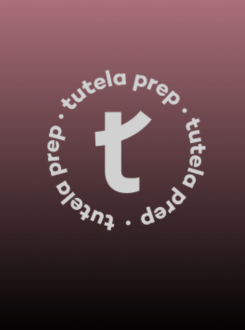
Zara Abbasi
ACT: 35 / 36

Ishir Talapatra
ACT: 35 / 36

Ishani Patil
ACT: 35 / 36

Ananya Balakrishnan
ACT: 35 / 36

Aarav Gambhir
ACT: 35 / 36

Siddhant Duggal
ACT: 35 / 36
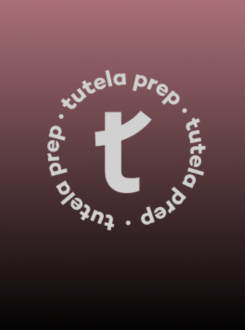
Aadith Parthasarathy
ACT: 35 / 36
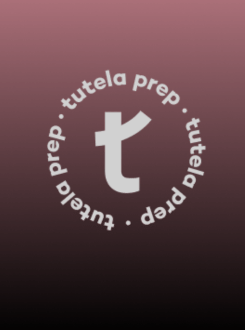
Vedant Venkatesh
ACT: 35 / 36

Taarush Grover
ACT: 35 / 36
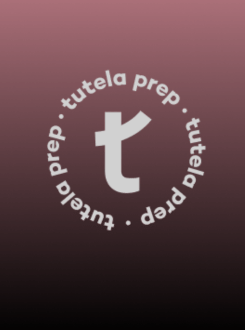
Advik Lahiri
ACT: 35 / 36

Arjun Iyer
ACT: 35 / 36

Shaurya Sinha
ACT: 35 / 36

Karan Kashyap
ACT: 35 / 36

Nishtaa Modi
ACT: 35 / 36

Aditya Vikrant
ACT: 35 / 36

Rohit Yadavalli
ACT: 35 / 36
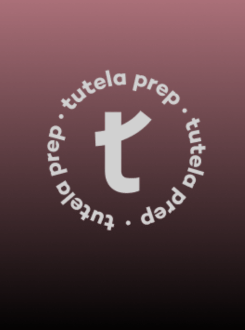
Parth Bansal
ACT: 35 / 36

Saanya Malhotra
ACT: 35 / 36

Aarav Wadhwani
ACT: 34 / 36
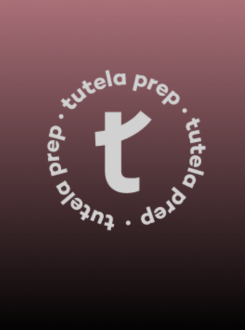
Nandan Patil
ACT: 34 / 36

Ananya Gupta
ACT: 34 / 36

Ambika Saklani
ACT: 34 / 36

Sumair Khattar
ACT: 34 / 36

Ahaan Bhansali
ACT: 34 / 36

Samarth Pal
ACT: 34 / 36

Ruhani Rathee
ACT: 34 / 36

Ahana Sur
ACT: 34 / 36

Amartya Malhotra
ACT: 34 / 36

Riya Sama
ACT: 34 / 36

Devika Goyal
ACT: 34 / 36
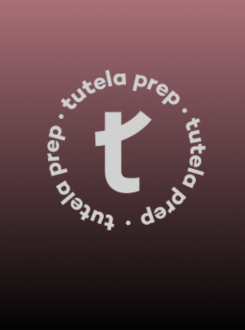
Nilay Solanki
ACT: 34 / 36

Ahaan Aggarwal
ACT: 34 / 36

Pavit Singh
ACT: 34 / 36
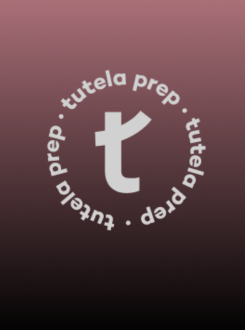
Arnav Arora
ACT: 34 / 36

Jai Sharma
ACT: 34 / 36
ACT Diagnostic Test is an essential tool for students preparing for the ACT exam. It accurately assesses their level of preparedness and identifies their strengths and weaknesses in the areas covered by the exam, helping them achieve their best possible score.
This online Diagnostic Test helps you understand which standardized test is the best for you.
| Subject | Test Date | Registration Deadline | Deadline for Changes, Regular Cancellation, and Late Registration** |
|---|---|---|---|
| ACT Test 2026 | Apr 10, 2026 | Mar 13, 2026 | Mar 27, 2026 |
| ACT Test 2026 | Jun 12, 2026 | May 15, 2026 | May 29, 2026 |
| ACT Test 2026 | Jul 10, 2026 | Jun 12, 2026 | Jun 26, 2026 |
Unlike large group classes, Tutela focuses on hyper-personalized live sessions and continuous mentor feedback. Parents stay actively involved through Tutela Connect dashboards and WhatsApp updates.
Yes. Tutela’s curriculum is fully aligned with ACT.org’s enhancements—shorter test length, new composite scoring, optional Science/Writing, and fewer math answer choices.
Students get access to 50,000+ practice questions, updated to match the new ACT, along with recorded sessions, assignments, and full-length simulated tests.
Tutela offers a diagnostic test and expert consultation to help families decide whether the SAT or ACT is a better fit based on the student’s strengths.
Turning journeys into stories that inspire us every day
Anyone who's looking for SAT or AP coaching classes, Tutela is definitely the right place. Tutela helped me upgrade my SAT score by 190 points. Shoutout to Avichal sir and Sanskriti mam who supported me through my SAT journey. My AP classes were phenomenal and really fun with new skills to gain in every class. Special shoutout to Ishita mam and Om sir for having such fun and interesting classes and making tough concepts seem so easy. Tutela was definitely the right choice for me. Read More

National Public School, Gurugram, India
Tutela has been an amazing experience with helpful and patient teachers. Even in the situation of Covid-19, they were able to provide so many resources and classes to me, and were always ready to address my concerns and help me improve. Appreciate all their help :) Read More

Pathways School, Aravali, Haryana, India
Since I have a joined Tutela, I have been very happy with it. The faculty is very supportive. No matter how much I messed up, they never gave-up and believed in me. Read More

The Shri Ram School, Aravali, Haryana, India
The teachers really helped me understand the concepts in depth and helped me throughout. The resources used are also very effective as they helped me increase my score, and achieve a high SAT score. Thanks a lot for your support and help Read More

Nord Anglia International School, Dubai, UAE
I started SAT preparation with Tutela a few months before my exam, and during the time when I prepared, I learnt a lot of tips and tricks that were essential to crack the exam. Tutela's endless resources and personalised classes, along with the paper reviewing sessions, really force you to stop making mistakes and propel you to the score that will get you into your dream school. For someone who is not good at self studying for an exam this vast and important, I would recommend at least trying it out- the difference in your scores and your confidence is definitely worth it! Read More

Pathways School, Aravali, Haryana, India
I attended Tutela for about 3 months. Their welcome was very positive and they take every student as a challenge, working hard on their weaknesses. They pushed us to score better not by completing the curriculum early, but by making us understand the concepts. The teachers are devoted and they helped me at every step. They worked with me and guided me through the new online format. Due to their dedication, I was able to prepare for the December attempt in such a short time and get a good score. I’m thankful to everyone at Tutela for their support. Read More

Delhi Public School, Gurgaon, Haryana, India
I've had an incredible experience at Tutela. Tutela teachers have always been outstanding at their jobs and very supportive, whether it be for the SAT or the AP exams. Tutors are available whenever you need them, and Tutela's numerous materials, classes, and tests are the most beneficial for students. It is the best platform for learning and achieving the goals you have set. Read More

Amity International School, India
I prepared for SAT, Subject tests and AP with Tutela. They helped me understand the concepts in depth and supported me throughout my preparation journey. The teachers were amazing! Their unmatched resources, personalized classes and review sessions really take you to another level and help you achieve your dream score. There can’t be a better for SAT prep than Tutela! Highly appreciate my teachers- Sudeshna, Pooja, Mukul and Ashish. Read More

Delhi Public School, RK Puram, New Delhi, India
Tutela has helped me prepare for IB, the SAT, and SAT Subject Tests. The teachers are knowledgeable and really try to focus on the needs of each student, and make every class an extremely fun experience. They are experienced and have been successful in their endeavors for years now, primarily due to their extensive list of resources. I don't even have a shred of doubt in my mind that Tutela has helped me academically succeed ever since I joined. Read More

American Embassy School, New Delhi, India
I've taken 4 AP classes and SAT prep with Tutela and I can confidently say it has been the best test prep experience that I've had. The faculty is exceptional since they are super knowledgable, approachable and I felt that they took literally every step to ensure I did well. They help throughout the duration of the course, even outside class times and as a student it alleviates so much stress. Tutela's resources are the best. There's no shortage of exam-level problem sets, and the team curates the best, most relevant questions to practice with- helping ensure that I was fully confident and not overwhelmed on test day. The mock exams were so accurate in reflecting the real test format and difficulty, and the review sessions and study strategies helped bridge every gap between where I was and my dream score. It was because of them that a hard test on exam day didnt leave me panicked. The pacing of the classes was perfect, I never felt rushed or disengaged. Concepts were taught with both depth and clarity and made me have a strong foundation of the subject. Over the past two years, I’ve grown tremendously through my experience at Tutela, and hence plan to rely solely on them for any future standardized test preparation. I can never thank Zeba ma'am, Manu sir, Akash sir, Himanshi ma'am, Samriddhi ma'am and Ashi ma'am enough Read More
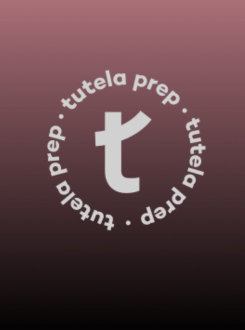
DriveChange Learning & Resource Centre, Maharashtra, India
I think Tutela is one of its kind in the teaching space. Never have I come across a team of such dedicated teachers ready to help you at each step of the way. I went to Tutela at the end of 10th grade for SAT. In just 3 months, my score shot up by approximately 140 points. I truly believe that Anam Ma’am teaches SAT writing and reading in the best and easiest manner possible. I would also like to thank Ashish sir who not only taught me the entire SAT Physics and SAT Math syllabus in a month but also voluntarily helped me with my Math HL IA. Mukul Sir is also a wonderful teacher who would always welcome my doubts. Thanks to their support, I was able to score exceedingly well on the tests. Tutela has a wonderful learning environment for you where you get to have one on one sessions with the teachers. Also, every single member of the team is so warm and friendly. Unlike many other SAT or IB prep centres, the environment at Tutela is very encouraging and positive. I loved spending time here! Read More

Pathways School, Gurgaon, Haryana, India
The informal, accepting atmosphere combined with the rigorous academic schedule at Tutela allowed me to successfully embrace the challenging standardized tests. The teachers, who communicated not only syllabus but also test-taking skills, accommodated my learning style and worked around my other commitments. Walk into Tutela with the expectation that you will be guided and nurtured (and partake in loads of Marvel and Food-based conversations), not merely tutored. Read More

Pathways World School, Gurgaon, Haryana, India